
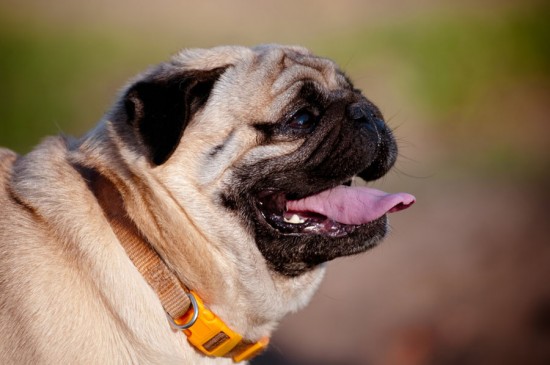
Is your pet brachycephalic? The term is fancy way of referring to breeds of cat and dog with short (“brachy”) heads (“cephalic”) and “pushed in” or squashed noses. These types of animals have enjoyed great popularity for many years, as their distinctive faces and docile personalities have charmed thousands across the UK. Unfortunately, the downside to the demand for these pets is that some are bred without consideration for their quality of life – noses that are too short or positioned awkwardly can cause severe health problems that any prospective owner of these breeds should be aware of. Read this article for more information on short nosed cats and dogs.
Here are the some of the most popular brachycephalic dogs breeds:
And cats:
Any breed with a nose at least 80% as wide as it is long fits the criteria to be classes as brachycephalic, however within this category there is considerable variation in nose and jaw size. Some distinguish the animals with the shortest noses by deeming them to be “extremely brachycephalic” – this category includes Pugs, English Bulldogs, and Persian cats amongst others. Individual pets of these breeds can have deformed lower jaws and faces that are nearly as flat as human’s.
In general, the longer your pet’s snout and the further away his nose is from his eyes, the less likely you are to encounter the worst problems associated with a brachycephalic bone structure. Unfortunately, some pedigree breeding standards dictate that animals should be bred for looks and not health, so take care when purchasing puppies bred to compete in dog shows. Unobstructed breathing, clear eyes and a bright, happy demeanor are great signs regarding the health of your pet. An appropriate weight is also very important, as a pet that’s too thin may be having problems eating, whilst a pet that’s too heavy may be experiencing difficulties whilst exerting itself. Overweight brachycephalic animals are also extra prone to overheating. Runny eyes and skin folds should be regularly attended to with gentle cleaning so that bacteria is not allowed to build up, and health checks should be scheduled at least once per year to keep your pet healthy.
As far as determining whether a brachycephalic puppy or kitten will have health problems down the line, the best way to ensure you are buying a healthy animal is to carefully research his lineage and only consider dealing with breeders that are willing to address your concerns directly.
There has been much debate concerning the ethics of breeding brachycephalic pets, which has been linked with the controversy on purebred standards in general. For one, brachycephalic breeds are more likely to have difficulty whelping and may require a caesarian to deliver their puppies. This is often cited as an illustration of how “unnatural” extreme brachycephalic breeds have become, and is one of the reasons why campaigners seek to impose restrictions on breed traits that are linked to illness and deformity. In addition, opponents of brachycephalic breeding argue that many pets are so widely deformed owners no longer recognise that their respiratory problems are not normal.
Owners of bracycephalic breeds are often quick to point out that all purebreds suffer from genetic problems, and that it is possible for brachycephalic pets to be bred responsibly. However there are major problems posed by those seeking to exploit the popularity of Pugs, French Bulldogs, Persians, and other animals by breeding recklessly for profit. It is up to those that love these breeds to avoid buying pets without fully researching their origins. Taking care to find the best breeders will save owners future heartache and will also help preserve the quality of life for brachycephalic pets.
 Dialysis For Canine Kidney Failure
Dialysis For Cani
Dialysis For Canine Kidney Failure
Dialysis For Cani
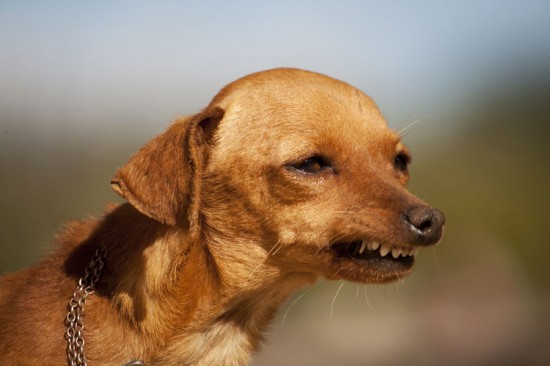 Understanding Your Dogs Body Language
Understanding You
Understanding Your Dogs Body Language
Understanding You
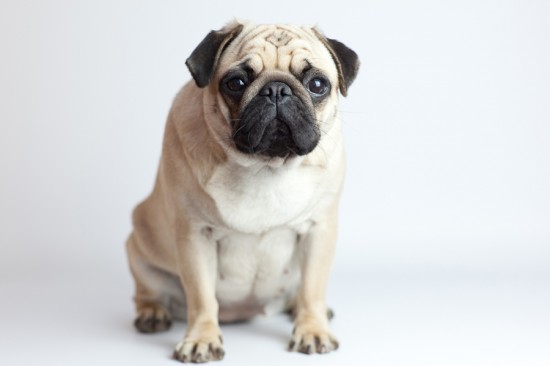 Inbreeding In Dogs - Problems, Benefits And Reasons
Inbreeding In Dog
Inbreeding In Dogs - Problems, Benefits And Reasons
Inbreeding In Dog
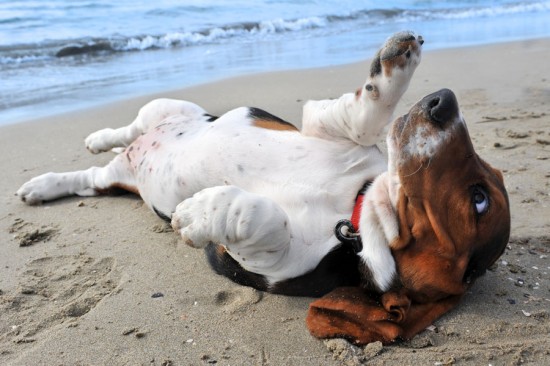 Taking Your Dog To The Beach
Taking Your Dog T
Taking Your Dog To The Beach
Taking Your Dog T
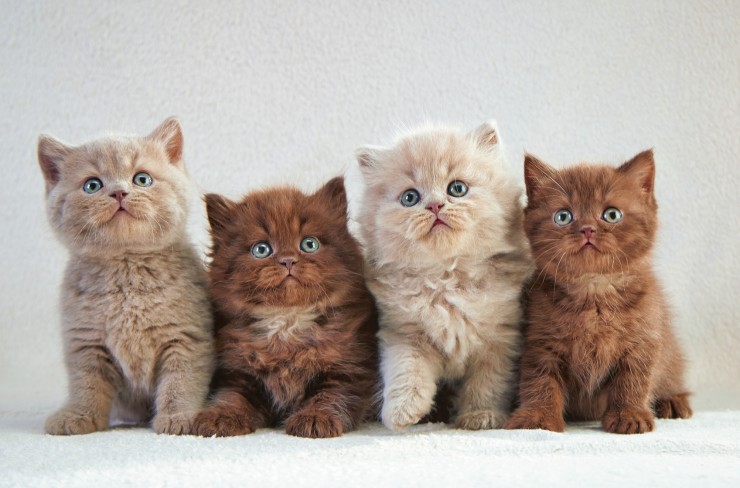 Six Health Essentials That You Should Monitor In Your Kittens First Few Weeks Of Life
Six Health Essent
Six Health Essentials That You Should Monitor In Your Kittens First Few Weeks Of Life
Six Health Essent
Copyright © 2005-2016 Pet Information All Rights Reserved
Contact us: www162date@outlook.com